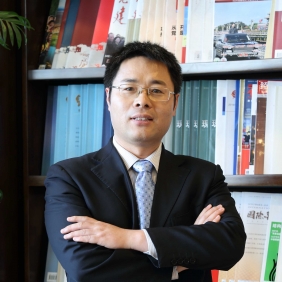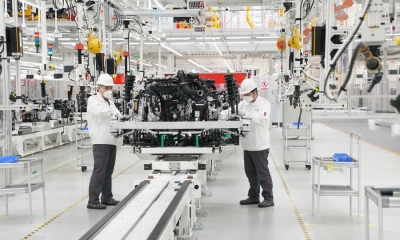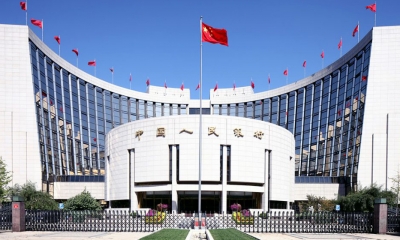An Intelligent Turn
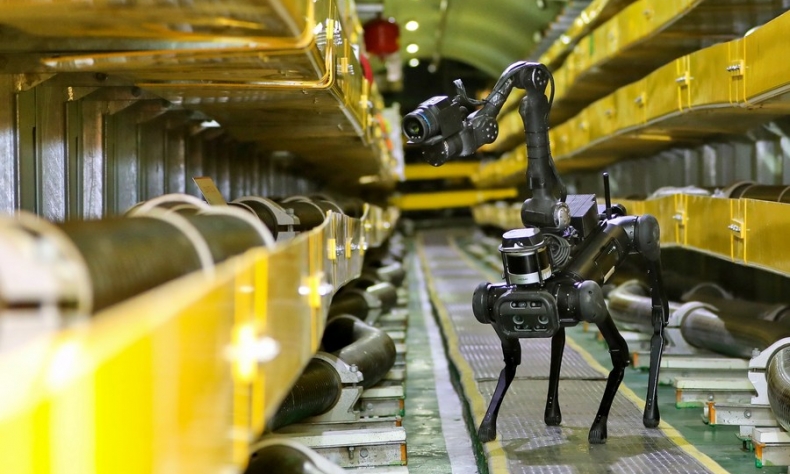
Compared with traditional production, new quality productive forces will have a far-reaching impact on the economy and society due to their innovative and intelligent characteristics.
Chinese President Xi Jinping has put forward a series of theoretical explanations on new quality productive forces. He has stressed that high-quality development has to be supported by a new productivity theory. Since new productive forces have emerged and played a strong role in driving and supporting high-quality development, they should be theorised systematically to guide further development.
Chinese Premier Li Qiang also emphasised in this year’s government work report that China will construct a modern industrial system and accelerate the development of new quality productive forces. It is clear that speeding up the development of new quality productive forces is an important starting point for China to welcome the fourth industrial revolution, achieve a leap in the quality of economic development, and solve China’s main social contradiction – the contradiction between unbalanced and inadequate development and the people’s ever-growing needs for a better life.
To accelerate the development of new quality productive forces, we need to thoroughly understand its essence. The key elements here are “new” and “high quality.” It is reflected in the development of new technologies, the innovative configuration of production factors, the continuous emergence of new business models and new industries, and ultimately the supply of high-quality products, the construction of a modern economic system, and improved lives for the people. The rapid development of new quality productive forces is a prominent feature of the fourth industrial revolution that distinguishes it from the previous three industrial revolutions. It has three important features.
Intelligent manufacturing
The first outstanding feature of new quality productive forces is intelligence. With the improvement of living standards, understanding and meeting the personalised demands of the consumers has become a key element of enterprise competitiveness. The traditional production model could not meet this demand, necessitating the emergence of intelligent production. Through emerging digital technologies such as artificial intelligence (AI), big data, Internet of Things, blockchain and cloud computing, companies can obtain information about consumers’ consumption habits and trends, and then use intelligent manufacturing and logistics systems to meet personalised needs. The goods can be delivered to customers in the shortest possible time.
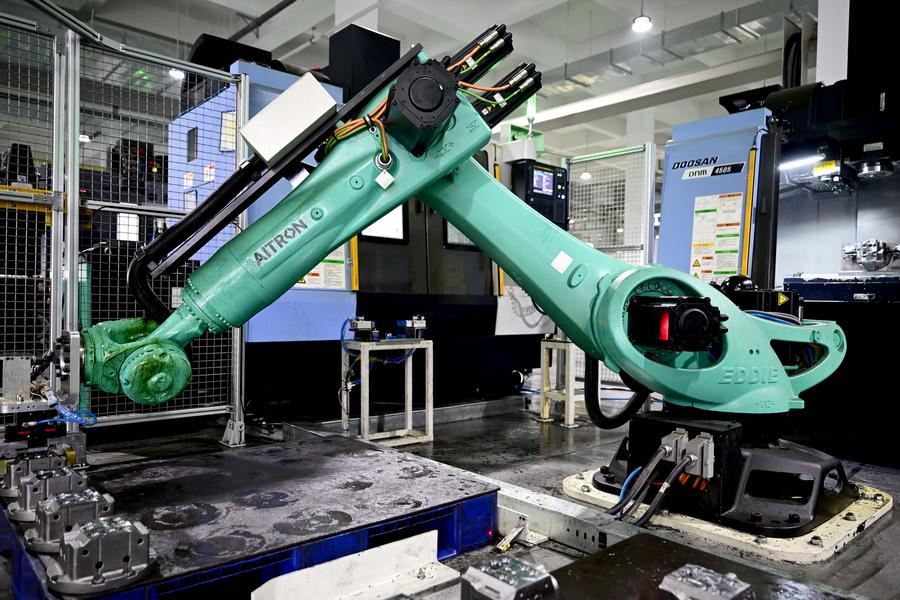
For enterprises, intelligent manufacturing shortens the cycle from product design to product delivery, greatly improves production efficiency and product quality, and enhances their competitive strength. Thanks to the use of new technologies, new models and new concepts, the production process has become intelligent, elevating the level of productivity compared to traditional manufacturing.
AI models are increasingly involved in complex human scientific research activities, such as the research and development of new drugs and new materials, and the prediction of complex weather conditions. The ability of generative AI to understand human language is rapidly improving. A simple description can create products that integrate text, sound, video and other materials, greatly lowering the threshold for creators.
Industrial reorganisation
The second feature is that the new quality productive forces are accelerating the reshaping of the global industrial system. In the intelligent era, information dissemination is not bound by the limitations of time and space. Cooperation between various links in the industrial chain has become more convenient and efficient. Enterprise innovation capabilities continue to improve, promoting the development of the industrial chain in the direction of high added value and high technology content, and realising the reconstruction and optimisation of the industrial system.
The application of intelligent technology accelerates the collaboration and optimisation between upstream and downstream enterprises in the industrial chain. By establishing a digital supply chain management system, companies can monitor and manage all links in the supply chain in real time, adjust supply plans in a timely manner, reduce inventory and logistics costs, and improve the overall efficiency and flexibility of the supply chain. Enterprises can also look for suppliers, customers and other partners from around the world without being bound by geographical restrictions; create more diversified products suitable for different consumer segments; set up more efficient supply chain management and production coordination mechanisms; and greatly improve the overall operational efficiency of the chain.
New quality productive forces have spawned more new business forms and industries. The application of new technologies provides unlimited possibilities for innovation. For example, the rapid development of AI, big data, Internet of Things and other technologies has created new growth engines such as shared economy, online education, and smart homes. New quality productive forces have also changed the pattern of traditional industries and spawned new industrial chains. For example, producers of televisions and air conditioners are rapidly adopting intelligence and digitisation enabled by new technologies. It has led to the rapid development of the entire smart home industry.
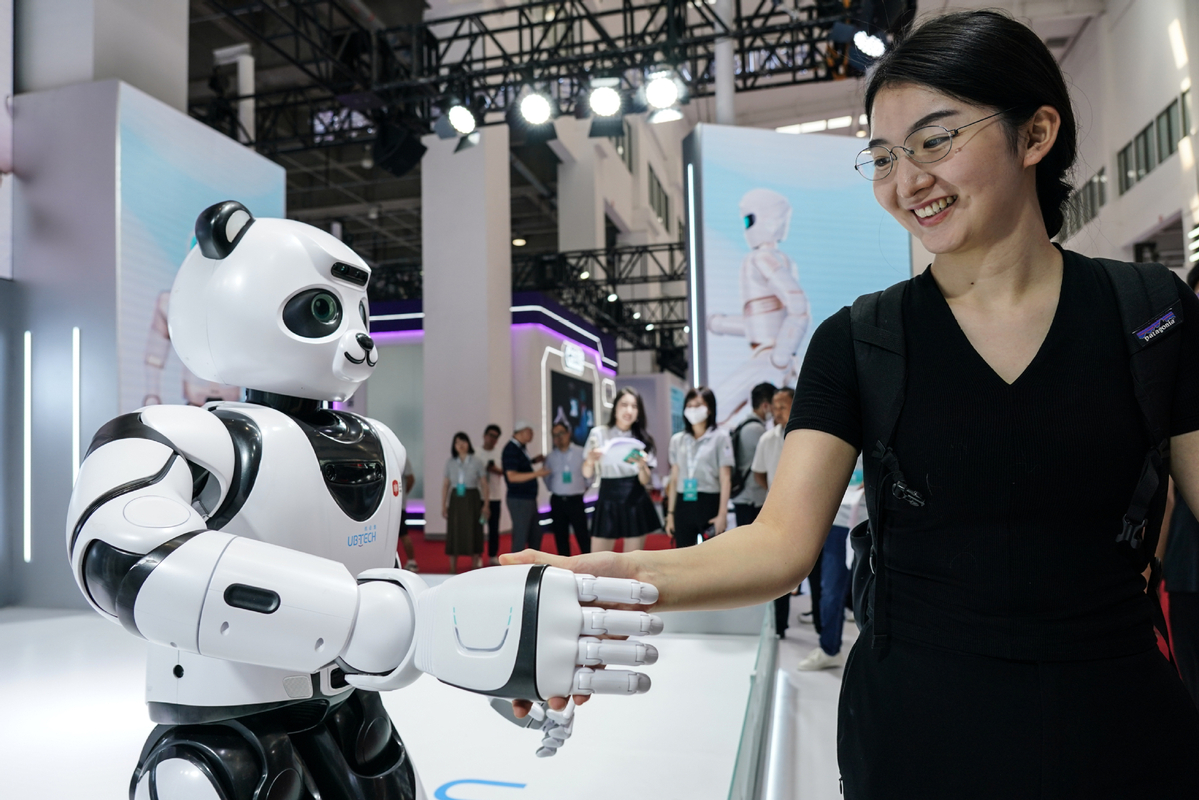
New productive forces have also created new consumer demand. AI has expanded the space for people’s imagination and made consumption habits more personalised and intelligent. Consumers’ increasing demand for innovative products such as health and wellness, smart homes, and digital entertainment is also spurring the growth of emerging service industries such as online education, online medical care, e-commerce and online sales, which are injecting new impetus into the economic growth.
Production relations
The third feature is that new quality productive forces will shape new production relations that adapt to the requirements of the times and contribute to the realisation of common prosperity. Karl Marx believed that the level of development of productive forces determines the nature and form of production relations. With the development of productive forces, people will seek more efficient production methods and more effective resource allocation methods. Under the new production relations, ordinary workers will have more development opportunities.
New quality productive forces lower the threshold for workers to obtain high-quality education and training, and create more equitable employment opportunities. Online education platforms, open online courses and digital learning resources allow people to access high-quality educational resources without being restricted by geographical and economic conditions, thereby realising the popularisation and equality of education. AI can customise learning plans that suit students’ needs, and recommend personalised teaching content and learning resources to help them better cope with the challenges they face in learning.
What’s more important is that many new job opportunities have emerged in the smart era. For example, global online marketing has developed rapidly. Both young and old people can use their skills to sell their own goods on the Internet, and even showcase personal talents. This new way of working not only gives full play to personal talents and increases income, but also provides a better balance between work and life. Production factors such as labour, knowledge, technology and capital are also optimised in this type of work.
Compared with traditional production, new quality productive forces will have a far-reaching impact on the economy and society due to their innovative and intelligent characteristics. Their level of development will determine a country’s future competitiveness in the world economic structure. As a major innovation and development of Marxist political economics, it serves as an important guide for China’s economic development.
 Facebook
Facebook
 Twitter
Twitter
 Linkedin
Linkedin
 Google +
Google +



